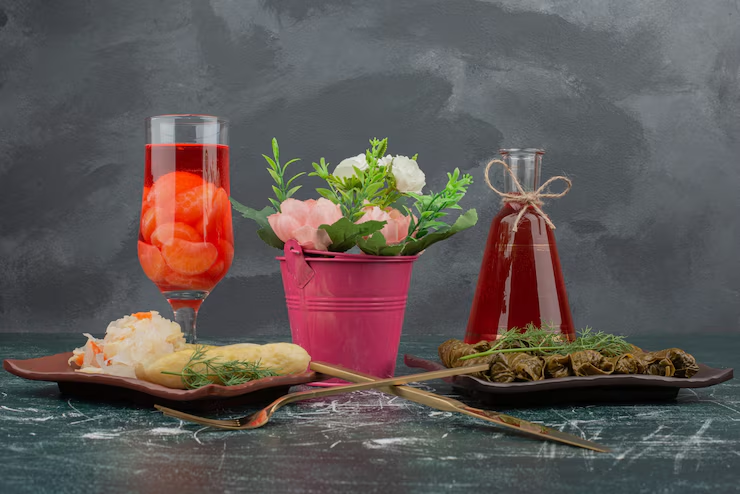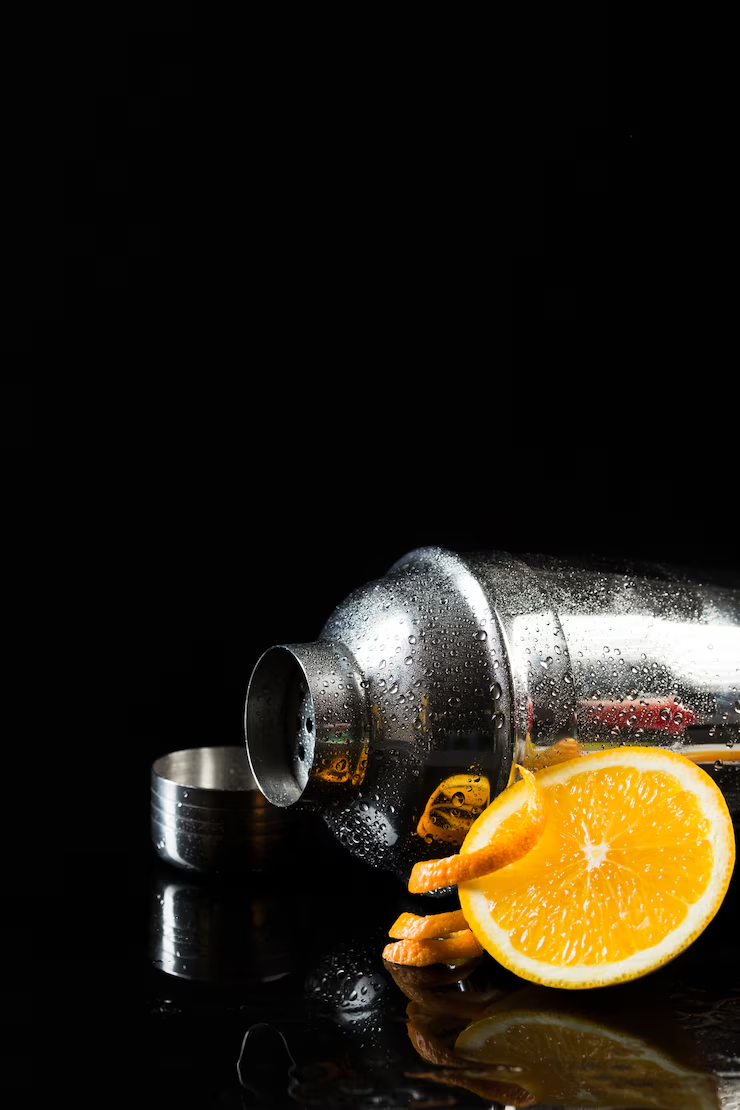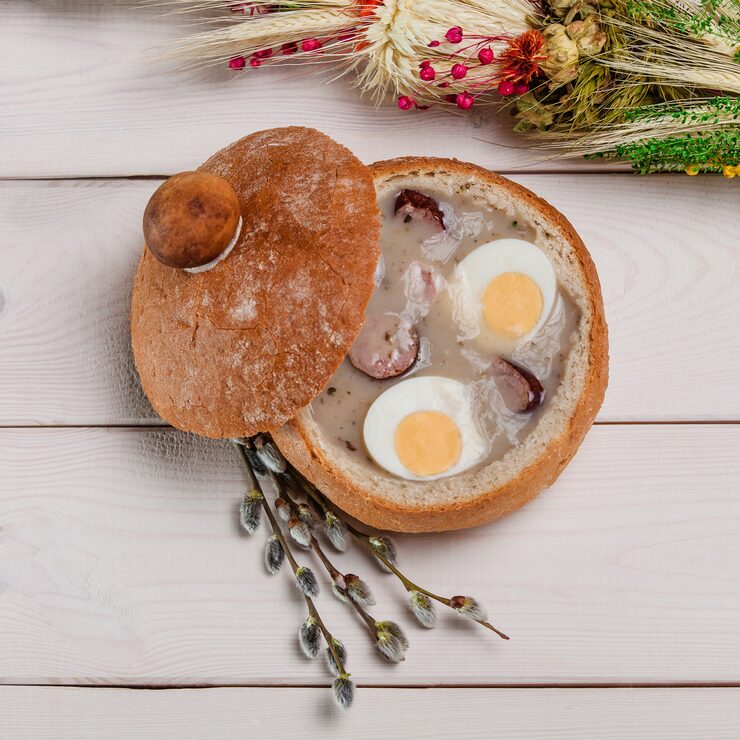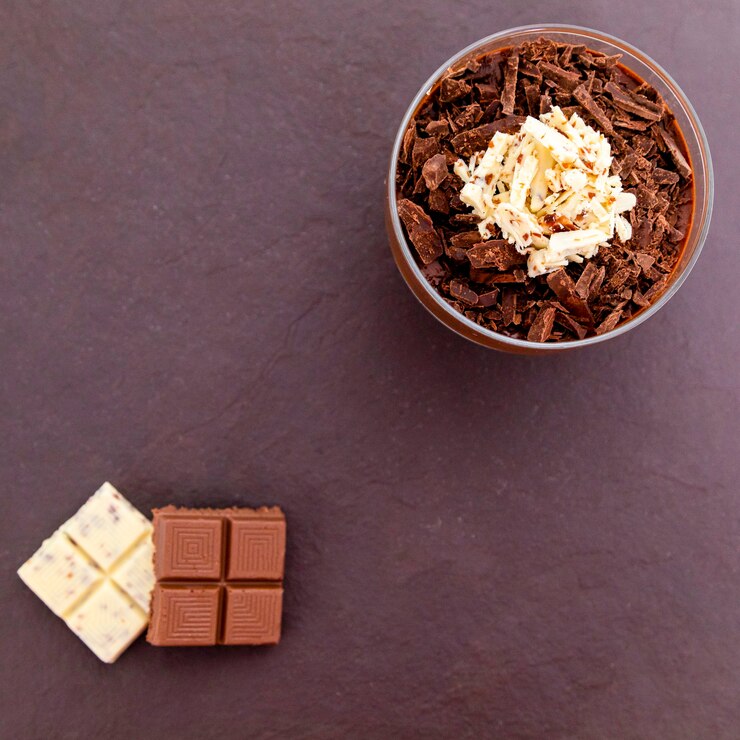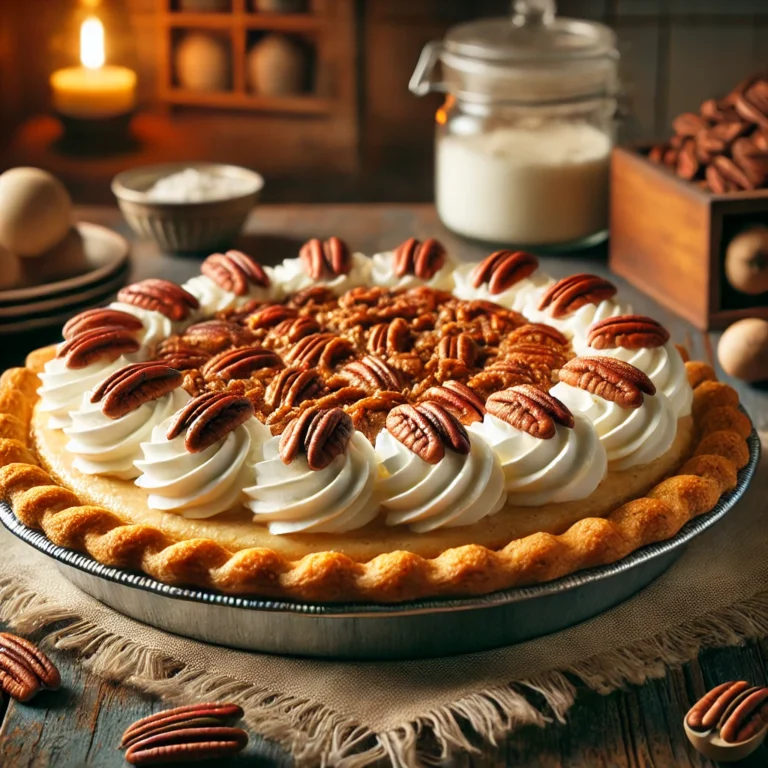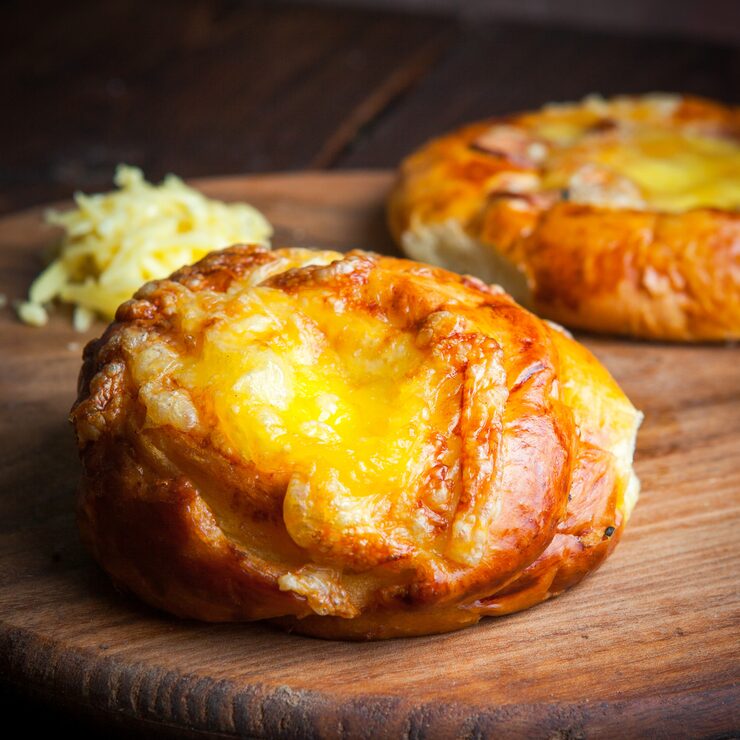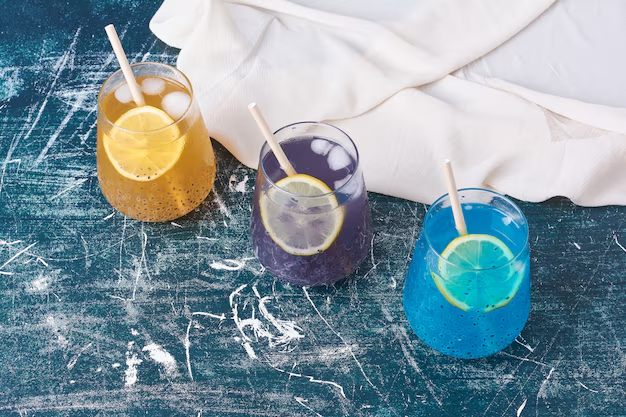Herbal Cordial Recipe with Alcohol: A Homemade Elixir Full of Flavor and Benefits
What Is a Herbal Cordial?
A herbal cordial is a sweet, alcohol-based infusion of herbs, roots, flowers, and spices. Think of it as a cross between a natural remedy and a flavor-packed liqueur. These traditional elixirs were once used as medicinal tonics—but today, they’re just as loved for their rich taste and versatility.

Cordial vs Liqueur: What’s the Difference?
The terms often overlap, but here’s the scoop:
- Liqueurs are commercial, usually thick and sugary.
- Cordials, especially homemade ones, are often more herb-forward and less artificial.
The Healing History of Herbal Cordials
Used for centuries in herbal medicine, cordials were made by monks, apothecaries, and homemakers alike. They were once prescribed for everything from digestion to sleeplessness. That’s not to say they’re a cure-all—but they sure are comforting.
Why Make Your Own Herbal Cordial with Alcohol?
Customization and Control
You decide what goes in—from the herbs to the sweeteners. Want it citrusy? Spicy? Relaxing? Totally up to you.
Health Benefits of Herbs
Many herbs offer gentle health perks:
- Chamomile for calm
- Ginger for digestion
- Elderberry for immune support
Cost and Flavor Advantages
Store-bought liqueurs can’t compare to a homemade cordial crafted exactly to your taste.
Choosing the Right Alcohol Base
Vodka – Clean and Neutral
Vodka is flavorless, making it perfect for letting the herbs shine.
Brandy – Rich and Warming
Brandy adds sweetness and depth. It’s especially great for winter-themed or spice-forward cordials.
Rum or Whiskey for Depth
These give a bolder kick and pair well with warmer spices like clove, cinnamon, or nutmeg.
Best Herbs to Use in a Cordial
Soothing Herbs
- Chamomile: Gentle and floral
- Lemon Balm: Bright and calming
Energizing Herbs
- Peppermint: Fresh and cooling
- Ginger Root: Zingy and warming
Immune-Boosting Herbs
- Elderberry: Deep, fruity, antiviral
- Echinacea: Often used during cold season
Floral Notes
- Lavender: Light, perfumed flavor
- Rose Petals: Delicate and romantic
Sweeteners and Flavor Enhancers
Honey vs Sugar
- Honey adds a silky, earthy sweetness
- Sugar is more neutral and traditional
Adding Citrus and Spices
Orange peel, lemon zest, cinnamon sticks, cloves, and star anise elevate your cordial with complexity.
Infusion Time and Flavor Development
Longer infusion = deeper flavor. Most infusions take 2 to 4 weeks for peak taste.
Tools and Supplies Needed
Mason Jars and Strainers
For infusing and filtering your mixture.
Labels and Bottles for Storage
Presentation matters—especially if gifting.
Basic Safety Tips for Alcohol Infusion
Always use clean, dry jars and store away from heat during infusion.
Step-by-Step Herbal Cordial Recipe with Alcohol
Ingredients:
- 2 cups vodka or brandy
- 1/2 cup dried elderberries (or 1 cup fresh)
- 1 tbsp dried lavender
- 1 tsp grated fresh ginger
- Zest of 1 lemon
- 3/4 cup honey (or sugar)
Instructions:
- Combine herbs, zest, and alcohol in a sterilized mason jar.
- Seal and store in a cool, dark place for 2–3 weeks.
- Shake the jar gently every few days.
- After infusion, strain through cheesecloth.
- Stir in the honey until dissolved.
- Bottle and label.
Storage Tips:
Keep in a dark glass bottle, stored at room temp or in the fridge for up to 6 months.
Variations of Herbal Cordials
Spicy Herbal Cordial
Add black pepper, cayenne, or cinnamon for a warming kick.
Berry-Infused Cordial
Use blackberries, raspberries, or blueberries along with herbs for a juicy, antioxidant-rich version.
Floral & Citrus Blend
Combine rose petals, orange peel, and a splash of vanilla for a delicate, aromatic drink.
How to Use Herbal Cordials
As a Digestif
Sip 1 oz after dinner to help settle your stomach.
Cocktail Ingredient
Add to tonic water or champagne for a unique mixer.
Health Tonic or Nightcap
Take a tablespoon before bed for a relaxing wind-down.
When to Serve Herbal Cordials
Holiday Gatherings
A winter spiced cordial makes a memorable homemade gift or party sipper.
Dinner Parties and After-Dinner Sips
Serve it neat or over ice to impress your guests.
Are Herbal Cordials Healthy?
Medicinal Properties of Herbs
While they aren’t medicine, the herbs used can support wellness and mood.
Moderation is Key
Yes, it has alcohol—enjoy responsibly and in small doses.
Alcohol Content in Cordials
How Strong Is It?
Typically between 15–25% ABV, depending on the ratio of alcohol to other ingredients.
How to Make a Milder Version
Use less alcohol and more sweetener or herbal tea base.
Storing and Preserving Your Cordial
Shelf Life
Unopened, it can last 6 months or longer. Once opened, consume within 3 months.
Refrigeration vs Room Temperature
Cool, dark cabinets are fine. For freshness, refrigerate after opening.
Common Mistakes to Avoid
Using Too Many Herbs
It can become bitter or overpowering. Keep it balanced.
Rushing the Infusion Process
Patience brings flavor. Don’t cut the steeping time short.
Not Filtering Properly
Any leftover herbs can spoil or cloud your cordial—strain well!
Conclusion
Making your own herbal cordial recipe with alcohol is a rewarding, creative, and downright fun project. Not only do you get a delicious, custom elixir to sip or share, but you also get the satisfaction of crafting something by hand. Whether you’re chasing flavor, tradition, or a little wellness in a bottle, a homemade cordial is a timeless treat. So gather your herbs, grab your jar, and start infusing—you’re going to love what you create.
FAQs
Can I use dried herbs instead of fresh?
Yes! Just reduce the amount—dried herbs are more concentrated.
How long should I infuse the alcohol?
2 to 4 weeks is ideal. Taste test after the second week.
Can I make herbal cordial without sugar?
Yes—use honey or maple syrup, or skip sweeteners entirely for a drier cordial.
What’s the best alcohol for beginners?
Vodka is easy, clean, and lets herb flavors shine through.
Is herbal cordial suitable for gifting?
Absolutely! Bottle it nicely, label it, and you’ve got a unique handmade gift.

